A Quick Guide
Women may be at higher risk for depression due to various factors such as the family history of mental illness, personal history of mood disorder during reproductive years, consistent psychological stress, history of abuse or exposure to violence, loss of support system, loss of a parent at a young age, taking certain medications, among others. Depression in women may differ from depression in men in terms of onset, duration, sensitivity to seasonal change, the likelihood of recurrence, symptom presentation, and associated conditions like anxiety disorders or eating disorders.
Understanding Depression
Depression no doubt can be one of the hardest mental illnesses to live with. It negatively impacts every area of your life whether it’s your social life, professional life, physical health, or interpersonal relationships. Despite what you might think, it is quite common. Approximately 280 million people suffer from depression worldwide. In fact, depression is twice more common in women than in men. This is probably because a woman goes through a plethora of hormonal changes in her life. This includes the monthly menstrual cycles, pregnancies, childbirth, or even menopause in old age. While everyone who suffers from depression may exhibit varied symptoms. Some symptoms of depression in women may manifest in different ways.
Risk Factors
Sometimes people are also more prone to depression. For instance:
- Family history of mental illness
- Personal history of mood disorder during reproductive years.
- Consistent psychological stress such as losing a job, relationship crisis
- History of physical or sexual abuse
- Exposure to domestic violence
- Loss of a support system
- Loss of a parent before the age of 10
- Taking certain medication
Types of Depression in Women
Postpartum Depression
It can affect a woman during or after pregnancy. Though it has its own list of symptoms. Some of the symptoms are usual except for the following:
- Feeling like a bad mother
- Not feeling a bond with the baby
- Wanting to get away from or hurt the baby
Seasonal Affective Disorder
It can affect you when the seasons change, especially during winter due to lower amounts of sunlight.
Atypical Depression
This type of depression can lead you to sleep more (hypersomnia), eat more, and gain weight.
Premenstrual Syndrome (PMS)
Almost 3 out of every 4 women suffer from premenstrual syndrome. Commonly, women in their 20s and 30s are affected more. PMS symptoms are also commonly temporary. Some of its common symptoms include the following:
- Bloating
- Headaches
- Tender breasts
- Anxiety & Depression at times
Premenstrual Dysphoric Disorder (PMDD)
This is a severe form of PMS. Symptoms start to show before the menstruation cycle starts and alleviate before it ends. Some common symptoms include the following:
- Anxiety
- Depressed mood
- Experiencing mood swings
- Insomnia or hypersomnia
- Physical symptoms, such as bloating or headaches
- Trouble concentrating
Learn more about Mild Depression: 6 Telltale Signs, Causes, & Self-Help Strategies
Symptoms Of Depression In Women
Some of the symptoms of depression in women include the following:
- Constant physical symptoms, such as headaches, cramps, digestive disorders, breast tenderness, and chronic pain
- Constant sad, anxious, or “empty” mood
- Difficulty concentrating, remembering, or making decisions
- Eating too much or too little leads to either weight gain or weight loss.
- Feelings of guilt, worthlessness, helplessness, hopelessness
- Loss of pleasure in activities, including sex
- Low energy, fatigue
- Restlessness, crankiness, or excessive crying
- Sleeping too much (hypersomnia) or too little (insomnia)
- Thoughts of death or suicide, or suicide attempts
If you are having suicidal thoughts, contact the National Suicide Prevention Lifeline at 1-800-273-8255 for support from a trained counselor.
Watch: [The symptoms of depression]
Depression in Women Vs Depression in Men
Depression in women develops early and lasts longer. It is more sensitive to seasonal change. It is a lot more likely to come back and it may be mostly triggered by highly stressful events. Women are more likely to have feelings of guilt and worthlessness. They may also be more prone to attempting suicide though they don’t take commit suicide as often as men. Anxiety disorders such as panic disorders or eating disorders can lead to depression in women.
We hope you found this article useful in understanding depression in women. its types, risk factors, and symptoms.


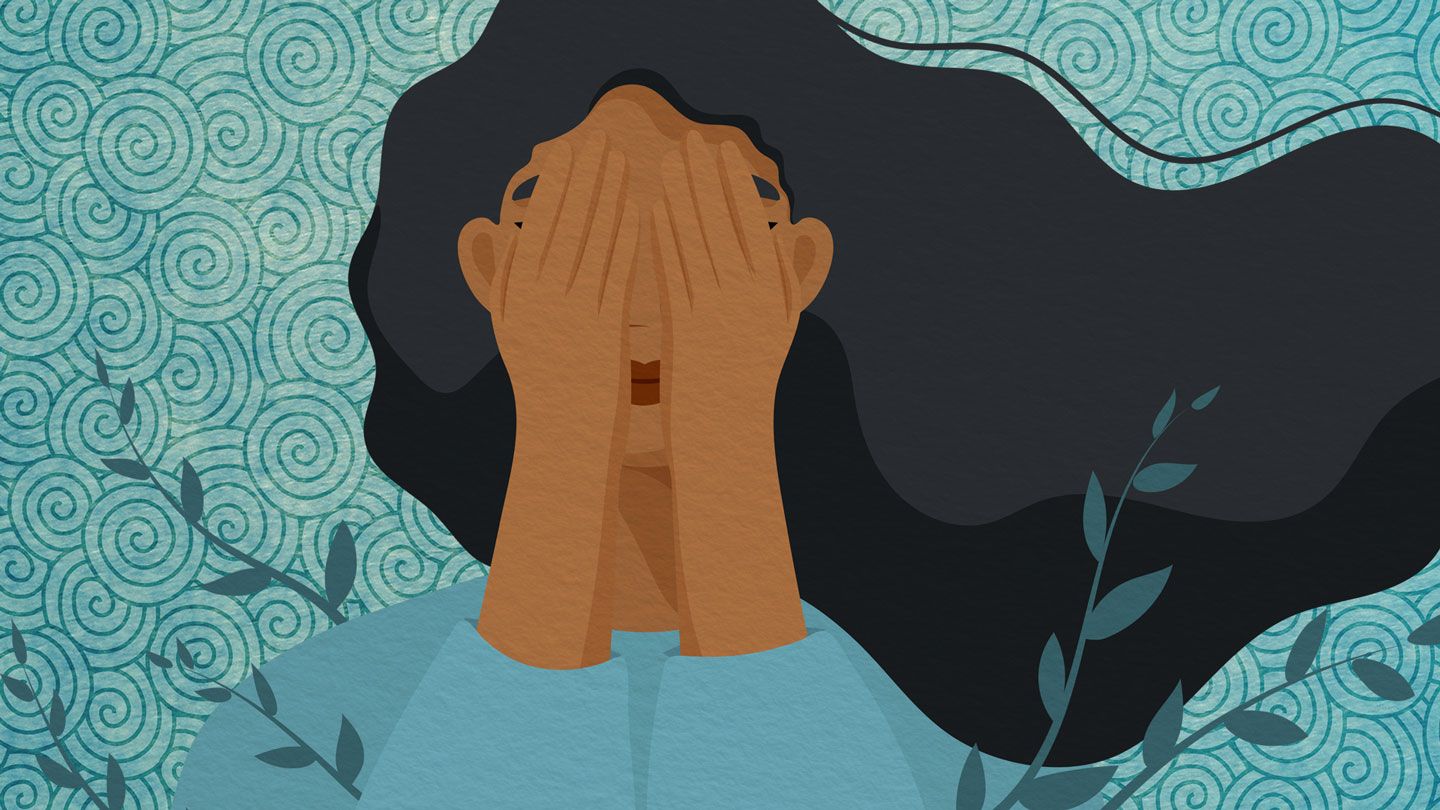
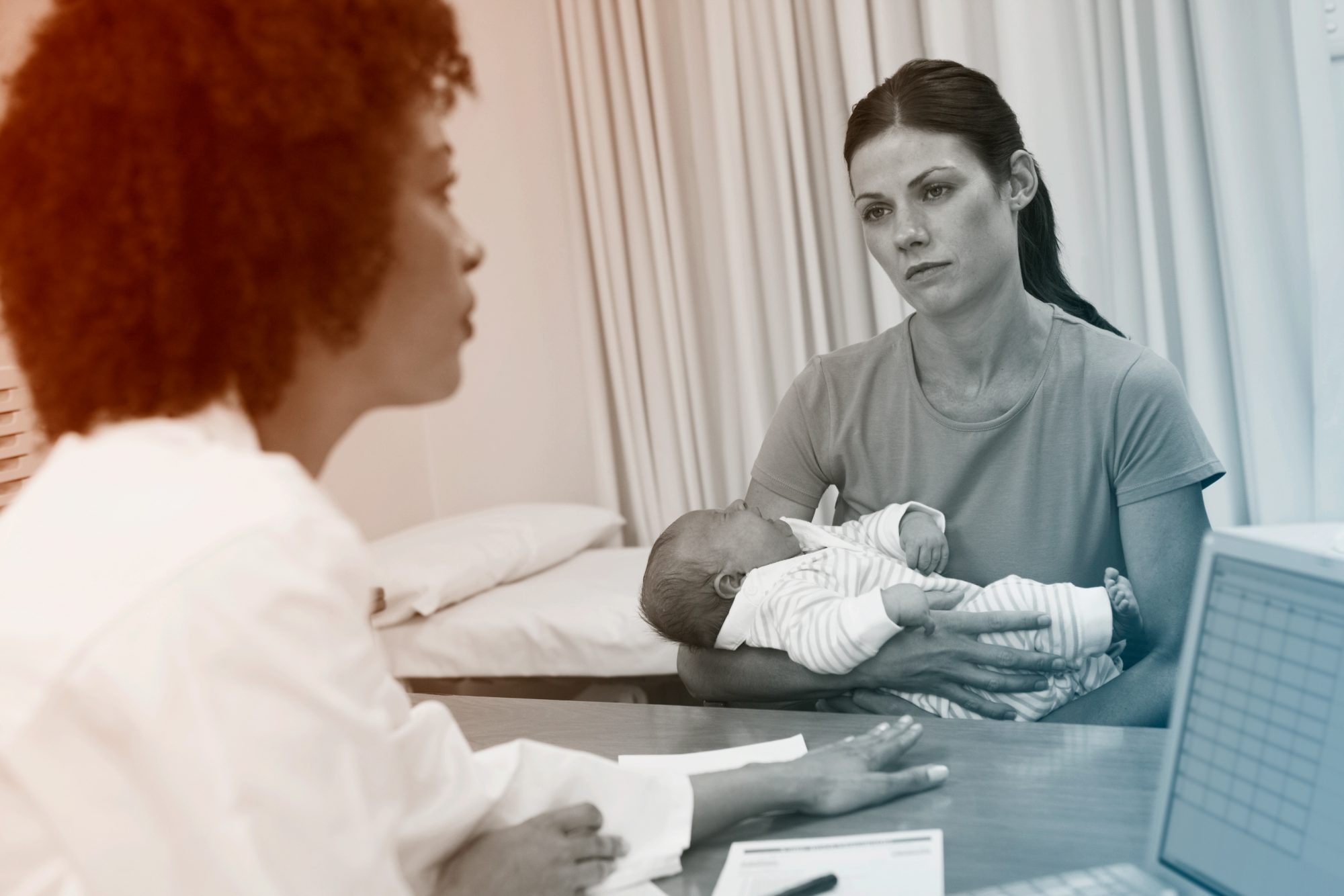 Postpartum depression screening: How to know you have baby blues?
Postpartum depression screening: How to know you have baby blues?  Atypical Depression: A brief overview
Atypical Depression: A brief overview 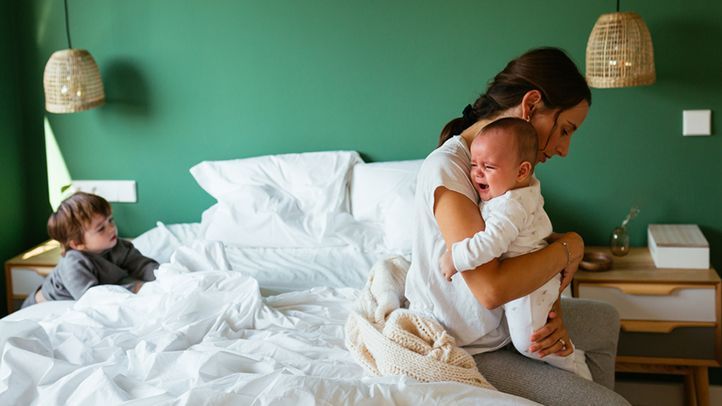 Postpartum depression Treatment and screening options
Postpartum depression Treatment and screening options  Seasonal affective disorder: symptoms, diagnosis & causes
Seasonal affective disorder: symptoms, diagnosis & causes 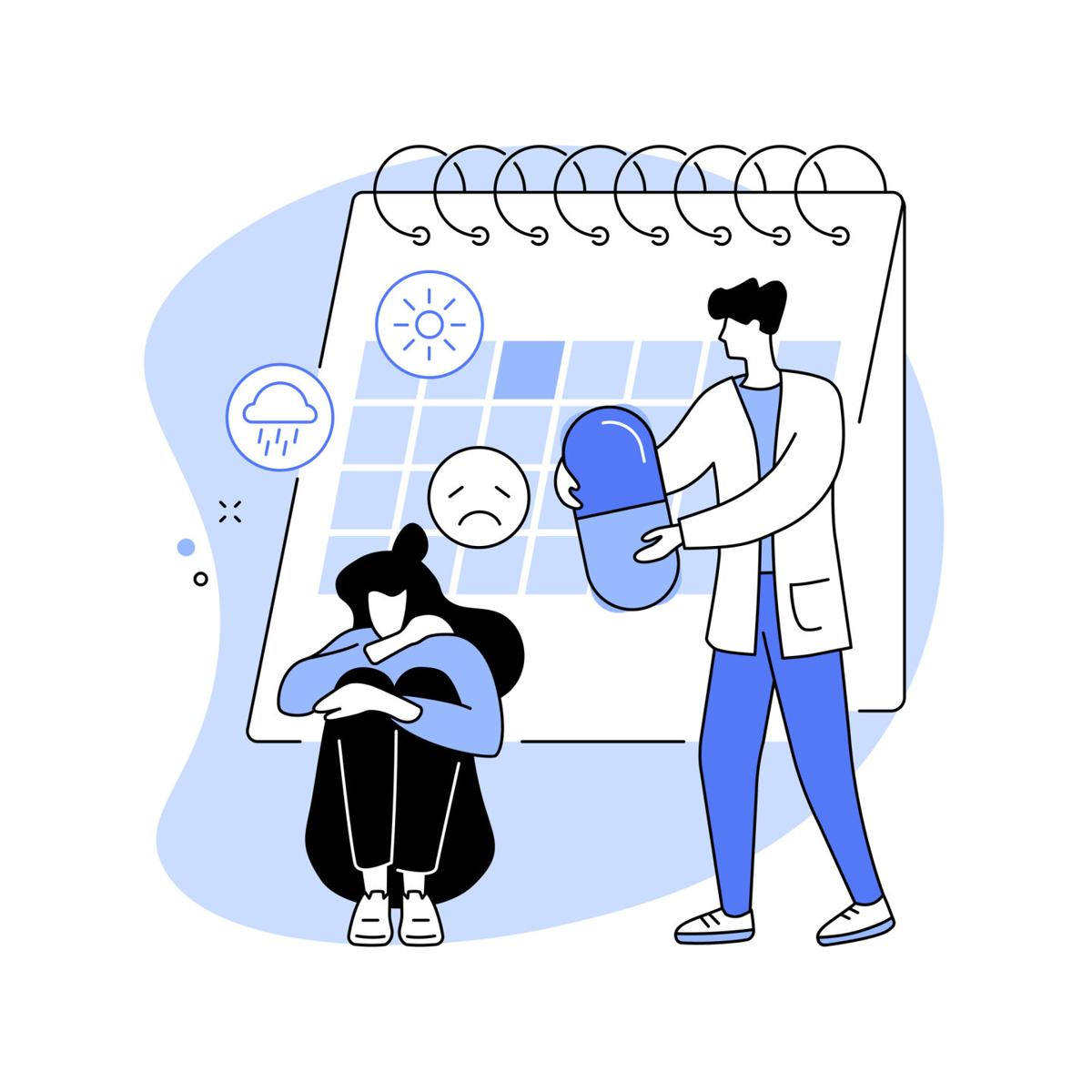 Seasonal Affective Disorder: A Brief Overview of its treatment
Seasonal Affective Disorder: A Brief Overview of its treatment 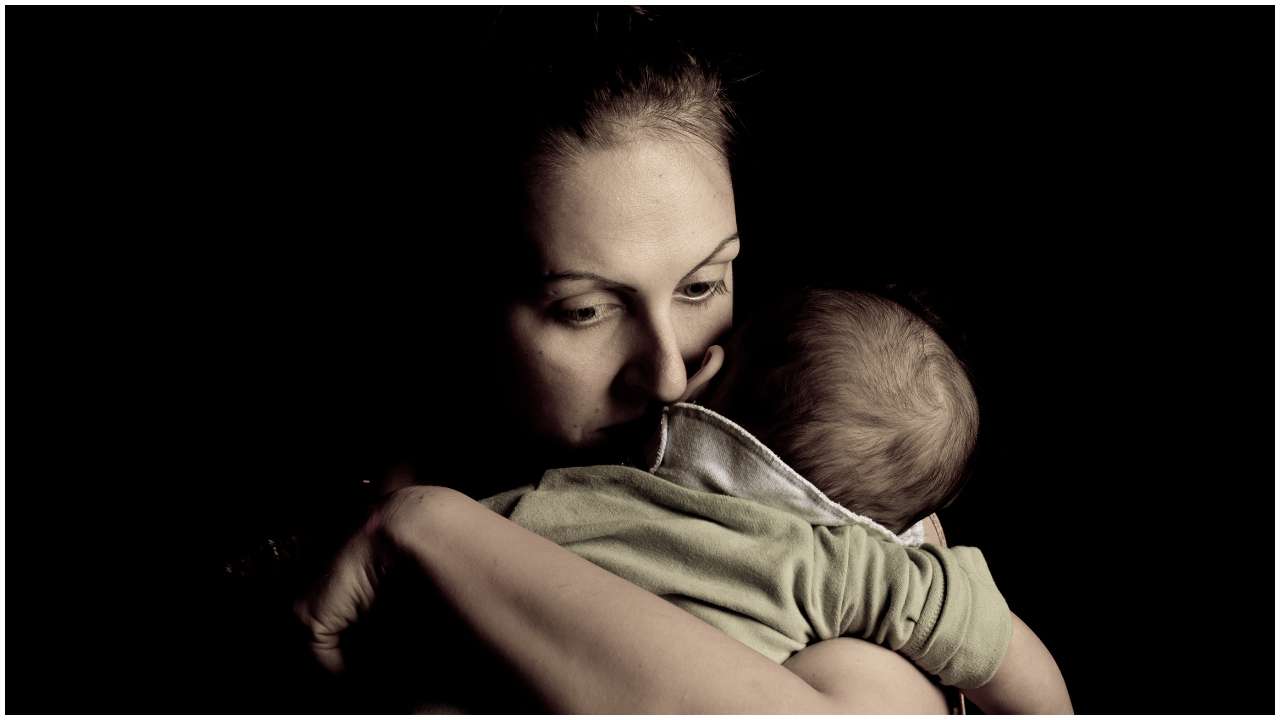 Postpartum depression: Signs, Causes, Prevalence & Treatment
Postpartum depression: Signs, Causes, Prevalence & Treatment